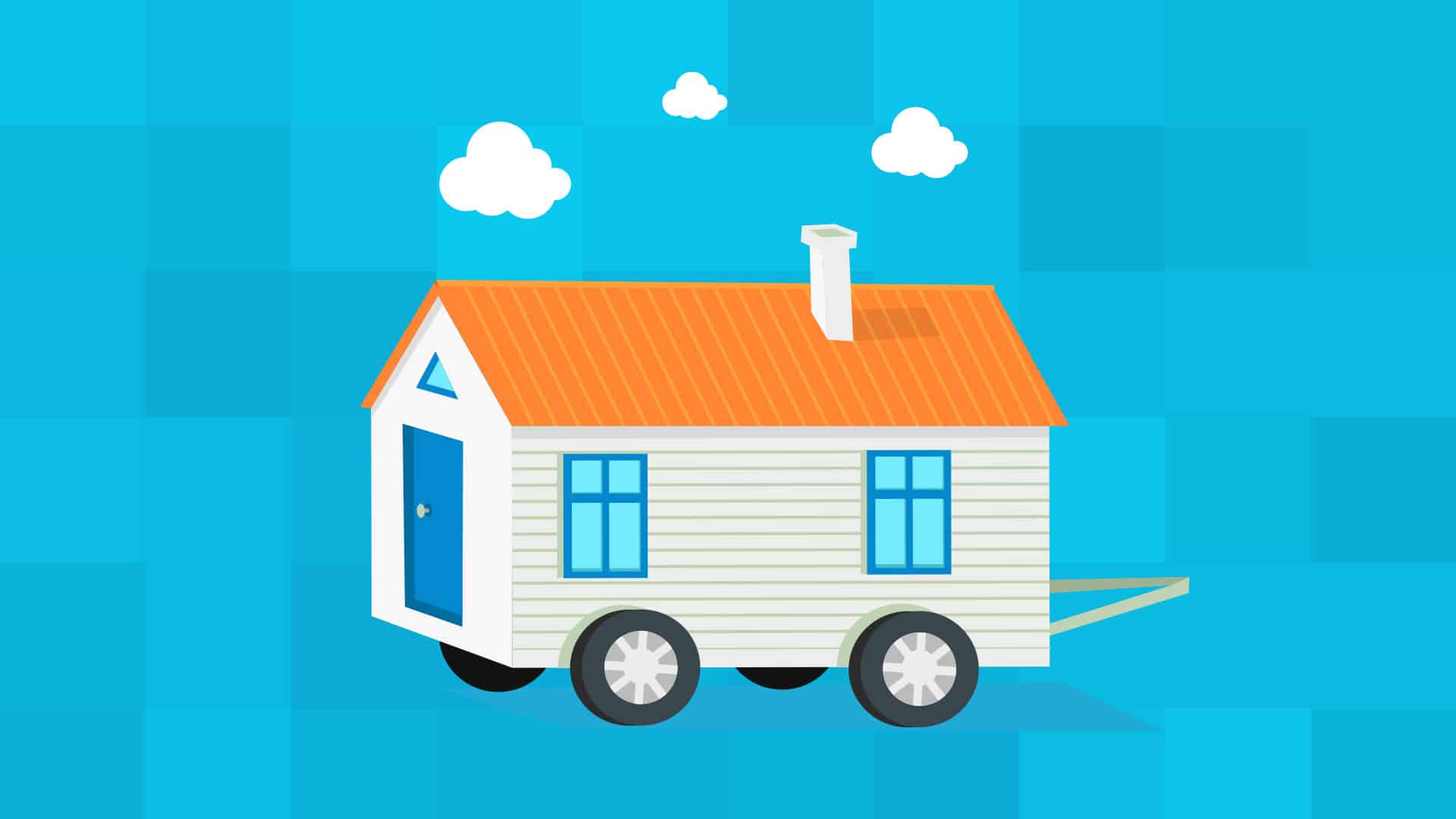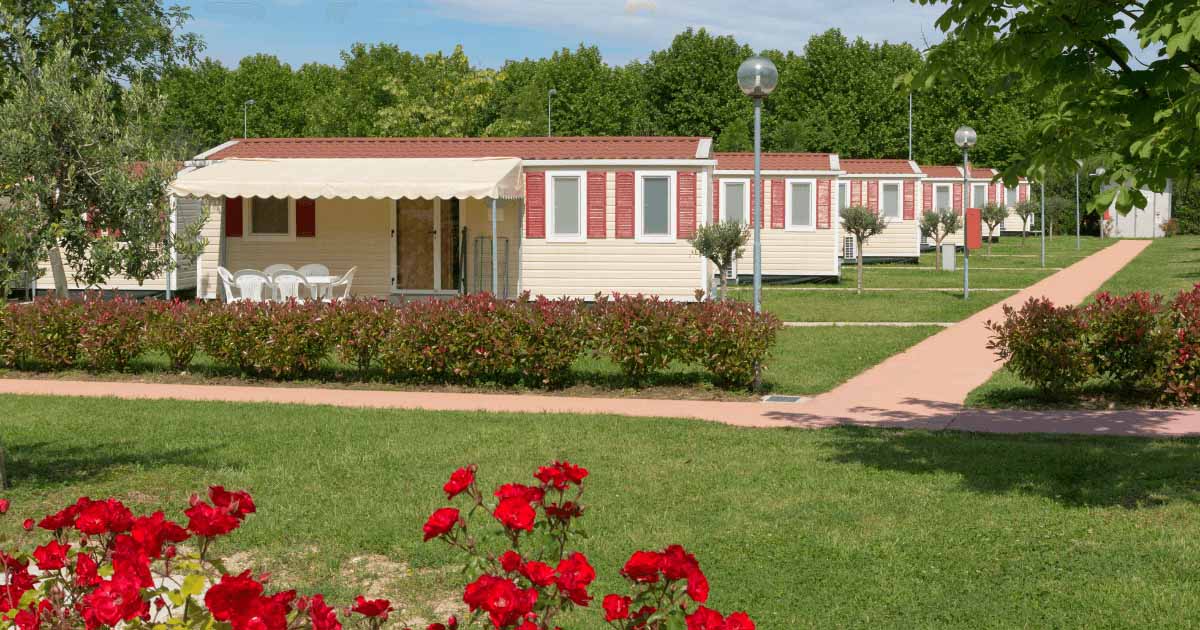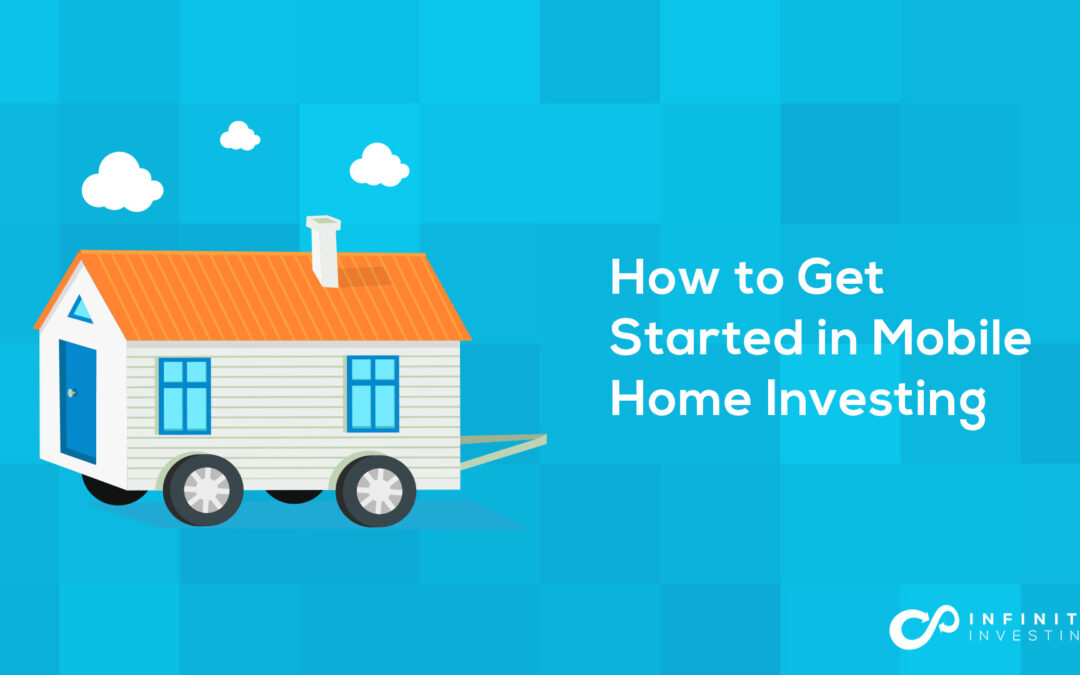
Is Mobile Home Investing a Good Opportunity?
With concerns about an upcoming recession, some investors might be hesitant to put their money in the stock market. They might seek alternative investment opportunities, one of which is mobile home investing. Below, you can learn about the benefits of mobile home investing and how to get started in this market.
Key Takeaways
- Mobile home investing offers several benefits, including high profitability and high demand.
- Investing in single-wide mobile homes is better for beginners, while more experienced investors can try their hand at double-wide and triple-wide homes.
- Adequate preparation, including performing research and securing financing, can help you experience greater success as a mobile home investor.
Infinity Investing Featured Event
In this FREE event you’ll discover how the top 1% use little-known “compounders” to grow & protect their reserves. Our Infinity team of experts show you how to be the best possible steward of your finances and how to make your money and investments work for you instead of you working for them. Regardless of your financial situation today, you’ll have a road map to get to where you want to be.
What Are the Benefits of Mobile Home Investing?
Mobile home investing is often overlooked as a means of generating income, but it’s a highly profitable venture. From 2004 to 2018, the operating income from mobile home parks increased by nearly 90%. While this is an impressive feat on its own, it’s also worth noting that the operating income didn’t decline once in this period, even during the 2008 recession. If you pursue mobile home investing for yourself, you’re likely entering a very profitable venture.
The mobile home park industry is not only profitable but also in high demand. The affordable housing crisis is as grave as ever, so people are looking for more affordable living options. Because mobile homes can be less than half the price of site-built units, they are natural solutions for people looking for cheaper living arrangements.
To put it into perspective, the average cost per square foot for a site-built home is $119. Alternatively, the average cost per square foot for a manufactured home is around $57. Manufactured homes also tend to be much smaller, which lowers their monthly rental price for consumers.
It’s also worth noting that mobile homes operate with higher profit margins. You might have expense ratios of around 30% to 40%, while other real estate properties and investment opportunities can introduce much higher expense ratios.
Decide on a Type of Mobile Home
An important factor to consider before you pursue mobile home investing is the size of the homes you want to purchase. A beginner investor might want to purchase a single-wide home to see if the market is right for them. Single-wides are the smallest mobile homes, and they’re typically no bigger than 90 feet long and 18 feet wide. Their average size is even smaller, at around 60 feet long and 14 feet wide. These small mobile homes are easy to transport if you decide you want to relocate your investment.
As you become more comfortable working in the world of mobile home investing, you might want to purchase larger mobile homes. The next size up is the double-wide. This home is usually no bigger than 90 feet long and 40 feet wide, but the average size is typically around 60 feet long and 24 feet wide.
These larger homes might be more cumbersome to move, but they can allow you to generate more rental income because tenants get more space. While they’re much less common, you can also invest in triple-wide mobile homes for even more rental income potential.
Choose the Right Location
If you’re considering getting into mobile home investing, think about the location of your homes. If you purchase a home inside an existing mobile home park, you might be responsible for paying a monthly fee to rent your portion of the land or lot. Some investors choose to go this route so they don’t have to worry about acquiring land.
Mobile homeowners can pass this fee off to their tenants when they’re establishing their monthly rates. This fee may or may not include trash, sewer, or water charges, so it’s important to know exactly what it does and doesn’t cover. Buying a mobile home and putting it in a mobile home park can be a feasible option, as you can find mobile home parks in all 50 states.
When choosing a location, you can also attach your purchased mobile home to private land. If you go this route, you’ll list the home’s serial number under the main real estate listing. This option can be beneficial for investors because they won’t have to abide by the same restrictions homeowners in mobile home parks do.

Know the Communities Where You’re Investing
It’s important to know the communities where you’re investing when you enter the mobile home market. If you purchase homes from a mobile home park, consider whether it’s a community for retirees, families, or people over the age of 18. Understanding the markets you’re appealing to can help you find renters more easily. You might also consider finding a community that allows pets if you want to increase the number of eligible tenants.
Also research the surrounding community. Learn about the schools, nightlife, transportation hubs, and other elements that might be desirable to certain subgroups of tenants.
Conduct Research for the Homes You Want to Buy
While performing general research can be helpful, it’s also important to look up information about the homes you want to buy. Conduct a thorough investment property analysis using online tools. If you’re buying a home that’s already on a site, you can input its address into a third-party calculator. This tool can produce data on the property’s occupancy rate, cash-on-cash return, cash flow, rental income, and other figures. When you review these figures for a property and compare them to the data for other potential mobile homes, you can find the ones that are most profitable for your situation.
Secure Financing
One of the most important aspects of mobile home investing is securing the funds you need. Without proper financing, you might lose money on your investment or find yourself in irresponsible debt. Depending on the state where you live and whether you own the land on which the home sits, a mobile home might be classified as personal property or real estate property.
Consider getting a chattel loan, which is a loan for a piece of moveable personal property. While some lenders might provide you with a more traditional real estate loan, know that you might have to seek alternative methods.
If you want to explore the world of mobile home investing as a passive income idea, you can contact our team at Infinity Investing and sign up for a membership. Our goal is to help investors meet their financial goals and create long-term wealth, so get in touch with us today.
Infinity Investing Featured Event
In this FREE event you’ll discover how the top 1% use little-known “compounders” to grow & protect their reserves. Our Infinity team of experts show you how to be the best possible steward of your finances and how to make your money and investments work for you instead of you working for them. Regardless of your financial situation today, you’ll have a road map to get to where you want to be.

